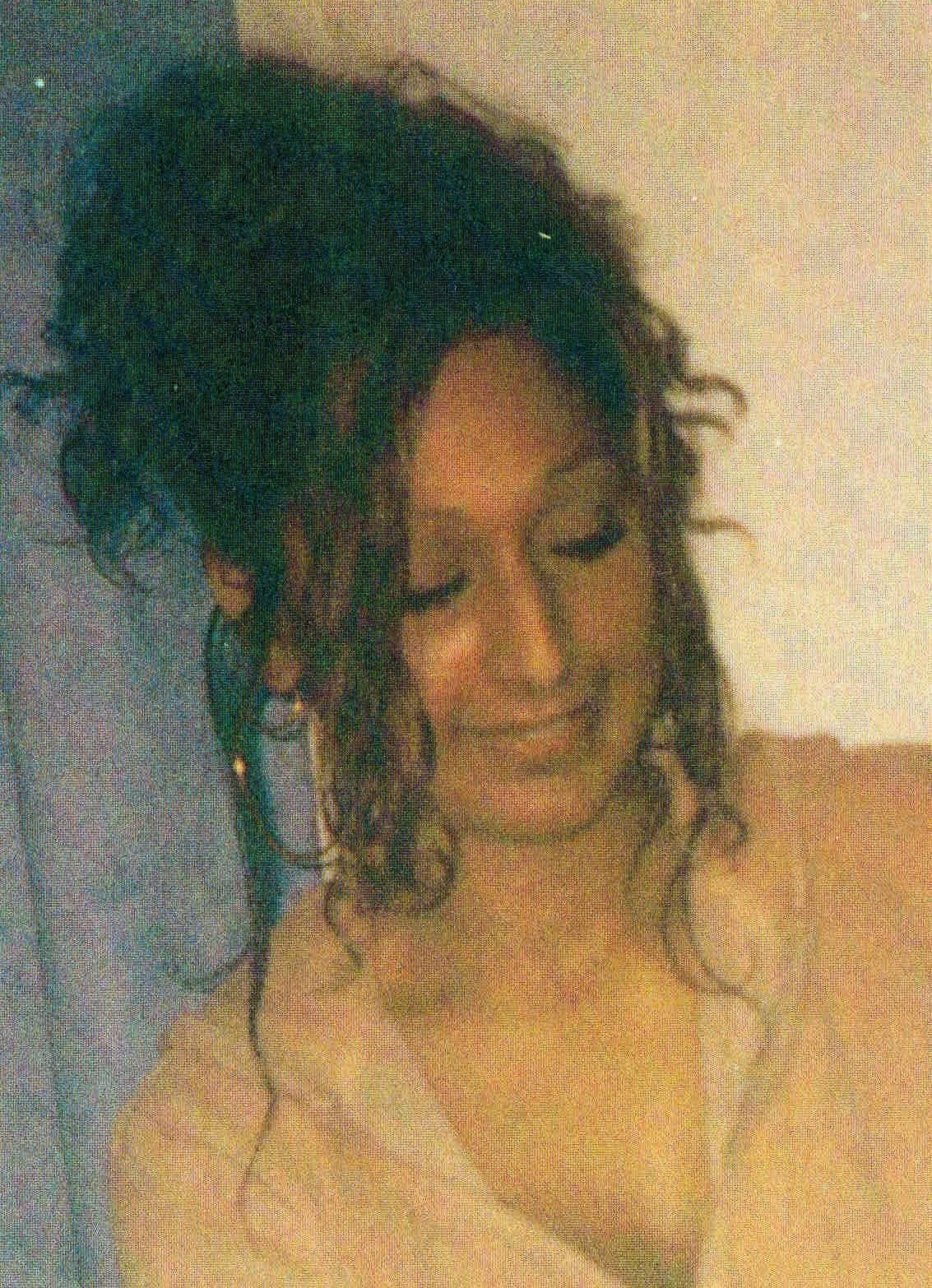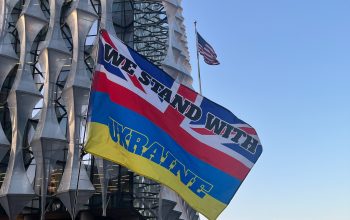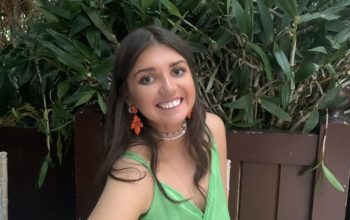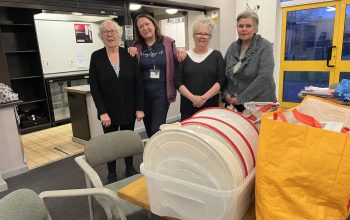The sun hangs low during the last days of winter, sending shards of light flitting across the faces of Iffat Rizvi and her son, Soni, who sit close, shoulder to shoulder. The unity of mother and son has been honed by 20 years of fighting for justice for Sabina – an only daughter and sister who was shot and killed 20 years ago on March 20, 2003.
Rizvi is surrounded by teddy bears. A mother, grandmother, and widow, she experienced the worst kind of heartbreak when Sabina died of gunshot wounds to the throat, arm, and leg minutes after she left Bexleyheath Police Station in London. She was just 25. The gunman or men have never been identified but Rizvi has campaigned tirelessly for an inquest into her daughter’s murder. She says she needs an inquest to examine the role of the police in her death and believes they had a duty of care to Sabina after she left the station.
An inquest was reopened in 2019 and is now listed to start on June 12 of this year. To date, Rizvi does not have a complete death certificate for her daughter. Meanwhile, the only man convicted of her murder has applied for parole. Paul Ashbury, then 21, was sentenced to life imprisonment with a minimum of 20 years for orchestrating the shooting. However, others involved have never been identified.
“The fight for answers has been agonising but the man convicted of Sabina’s murder may walk free. He has refused to assist with the inquest and shown no remorse. How can that be right?” Rizvi asks.
Her face is strong. This is a woman prepared to do anything for her family but her composure falters at Sabina’s name. Soni wraps a supportive arm around his mother’s shoulders. It is as if she draws strength from him. “It’s not just 20 years of waiting, it’s 20 years of struggling,” she says.
Investigations after the shooting
After Ashbury’s conviction, Rizvi says she was told by police that there was no more evidence to find the others responsible. Anger seems to shadow the sadness in her eyes as she recalls how the police handled her daughter’s case. She felt “palmed off”, she says.
An inquest was first opened in 2003 but was adjourned pending Ashbury’s trial. The inquest was not resumed until 16 years later. There have been two investigations carried out by the Independent Police Complaints Commission (IPCC) in that time. The first, in 2003, investigated the conduct of the police in relation to the shooting. The second was much later, when the IPCC produced a report in October 2011.
Sabina had been at the police station until around 2am because of a car ownership dispute. She kept in contact with her mum who was waiting at their home in Merton. Rizvi remembers their last conversation over the phone minutes before gunfire started. “Sabina saying, ‘Mum, I love you’ and me answering, ‘I love you too’ still rings in my ears.
“We all die but nobody has the right to take your child’s life. My child mattered. She was human and she’s being treated as if she was nothing,” she says.
The tears that were building every time she says the name, Sabina, break free and run down her face. She wipes them away with a brisk swipe of her hand.
“My daughter has a right for her case to be looked at without obstacles or discrimination,” Rizvi adds.
Rizvi says police have the answers she needs. “They have a responsibility of care. She left the police station and in less than two minutes she was bombarded with bullets. How does that happen?” Rizvi asks.
It is one of 120 questions she has put to the Metropolitan Police. She believes if institutions fail they must be held accountable and hopes the final inquest hearing will achieve this.
The Casey Review
The police have faced recent criticism after the Casey Review was published in March. It has been labelled a ‘landmark report’, but Rizvi says it is only addressing the same things she has been saying for the last 20 years. She refers to the report’s findings that there is a “culture of denial” in Britain’s largest police force. According to the document, it is also institutionally racist, misogynist, and homophobic.
The report highlights a need for change, but Rizvi is sceptical about reports like this. “Without an action plan, what is the purpose of these reports? Will they go on a shelf like the others and be forgotten?” she asks.
She has waited too long and faced too many obstacles to rely on reports to fix the institution. Instead, she relies on herself and her family to clear the path to conclude Sabina’s case. When even the legal system became an obstacle, she started a law degree at Kingston University. She graduated in 2016 and says the inquest would not have been reopened without her understanding of the law.
Rizvi says she feels “stuck” in the night Sabina died. She has been the force that drives her family and the case forward. Kingston lecturers would ask her if she wanted to carry on studying but Rizvi says she never hesitated.
To her son, who was 17 when Sabina died, Rizvi is a “hero.” He says: “I didn’t trust the police. I got involved in gangs, I even got shot myself. I put my mum through a lot but the only thing that helped me was seeing my mum studying.”
The connection between mother and son is undeniable. There are subtle glances and gentle touches as if to say ‘I’m still here with you’ when emotions become too heavy for one person.
Life after Sabina’s death in 2003
Recalling life after Sabina’s death is one of those moments when Rizvi needs her son’s strength. As if sensing her vulnerability Soni reaches out to hold her arm again. “I’ve never been able to go back to work,” she says, “people don’t understand when this sort of thing happens, it knocks you completely. You feel like you haven’t been able to protect your child so how can you protect anybody?”
Whether Rizvi believes it or not she has been protecting countless sons and daughters by fighting to discover what happened the night Sabina died. She has taken on the police in courtrooms and gun violence by working with charities such as Mothers against Guns UK.
The charity successfully lobbied the government to set a mandatory sentence of five years for illegal firearm possession. However, violent crime has still been escalating. According to the Home Office, gun crime across England has almost doubled since 2021 including 237 incidents in London.
Rizvi has met other mothers that lost children to gun crime and some are searching for the same answers she needs. She says she hopes having a final inquest hearing will help families like hers.
“If one mum can do it, others can,” she adds, “no matter how much it kills me every day. No matter how much pain I go through I’ve got to do it for my child.”





